Boost Iron Intake: Vegan Diet Tips
Understanding Iron in a Vegan Diet
Iron is an essential mineral that plays a crucial role in various bodily functions, including the formation of hemoglobin, which carries oxygen in the blood. For individuals following a vegan diet, obtaining adequate iron can be challenging, as the primary sources of iron are often animal-based. However, with careful planning and knowledge, vegans can meet their iron needs effectively. This article explores various strategies and tips to boost iron intake on a vegan diet, ensuring optimal health and well-being.
The Importance of Iron
Iron is vital for maintaining energy levels, cognitive function, and a healthy immune system. A deficiency in iron can lead to anemia, characterized by fatigue, weakness, and impaired cognitive function. For vegans, who rely solely on plant-based sources of iron, understanding how to optimize iron absorption is critical.
Types of Iron: Heme vs. Non-Heme Iron
There are two types of dietary iron: heme and non-heme iron. Heme iron is found in animal products and is more easily absorbed by the body. Non-heme iron, found in plant foods, is less readily absorbed. This distinction is important for vegans, as their diet consists exclusively of non-heme iron sources. Understanding how to enhance the absorption of non-heme iron is key to maintaining adequate iron levels.
Top Vegan Sources of Iron
Vegans can obtain iron from a variety of plant-based foods. Incorporating these foods into daily meals can help ensure sufficient iron intake:
Legumes
Lentils, chickpeas, and beans are excellent sources of iron. Including these in salads, stews, and curries can significantly boost iron intake.
Tofu and Tempeh
Both tofu and tempeh are not only rich in iron but also provide a good source of protein. They can be used in a variety of dishes, from stir-fries to sandwiches.
Seeds
Pumpkin seeds, sesame seeds, and flaxseeds are high in iron. They can be sprinkled over salads, added to smoothies, or used in baking.
Nuts
Almonds, cashews, and pine nuts are not only nutritious but also provide a decent amount of iron. Enjoy them as snacks or incorporate them into meals.
Whole Grains
Quinoa, brown rice, and oats are excellent sources of iron. They make a great base for many dishes, providing both energy and nutrients.
Dark Leafy Greens
Spinach, kale, and Swiss chard are rich in iron. Including these greens in salads, smoothies, or sautéed dishes can enhance iron intake.
Dried Fruits
Apricots, raisins, and prunes are not only sweet and delicious but also packed with iron. They make a great addition to breakfast cereals or can be enjoyed on their own.
Enhancing Iron Absorption
While consuming iron-rich foods is essential, enhancing the absorption of non-heme iron is equally important. Here are some strategies to boost iron absorption:
Vitamin C-Rich Foods
Consuming foods high in vitamin C alongside iron-rich meals can enhance iron absorption. Citrus fruits, bell peppers, and strawberries are excellent sources of vitamin C.
Avoiding Iron Inhibitors
Certain compounds can inhibit iron absorption. These include tannins found in tea and coffee, as well as calcium. It’s advisable to consume these separately from iron-rich meals.
Cooking Techniques
Cooking methods can influence iron absorption. For instance, using a cast-iron skillet can increase the iron content of food. Additionally, cooking methods like steaming or sautéing can help retain more iron in vegetables.
Meal Planning for Optimal Iron Intake
Effective meal planning is essential for vegans to ensure they meet their iron needs. Here are some tips for creating iron-rich, balanced meals:
Breakfast
Start the day with a bowl of fortified oatmeal topped with dried fruits and nuts. Pair it with a glass of orange juice to boost vitamin C intake.
Lunch
Prepare a hearty salad with spinach, chickpeas, quinoa, and bell peppers. Dress it with a lemon-tahini sauce for added flavor and a vitamin C boost.
Dinner
Enjoy a stir-fry with tofu, broccoli, and sesame seeds, served over brown rice. Add a squeeze of lime juice to enhance iron absorption.
Snacks
Keep iron-rich snacks like pumpkin seeds or a trail mix with nuts and dried fruits handy for a quick boost throughout the day.
Iron Supplements: A Consideration
While it is possible to meet iron needs through diet alone, some individuals may require supplements, especially if they have increased iron needs or difficulty absorbing iron. It’s important to consult with a healthcare provider before starting any supplementation, as excessive iron can be harmful.
Monitoring Iron Levels
Regular monitoring of iron levels is crucial for vegans to ensure they are maintaining adequate iron stores. Blood tests can provide insights into iron status and help identify any deficiencies early on.
Conclusion
Boosting iron intake on a vegan diet requires careful planning and an understanding of how to enhance non-heme iron absorption. By incorporating a variety of iron-rich plant foods, optimizing meal combinations, and being mindful of inhibitors, vegans can successfully meet their iron needs. Regular monitoring and, if necessary, supplementation can further support iron status, ensuring overall health and vitality. With these strategies, a vegan diet can provide all the necessary nutrients for a healthy and balanced lifestyle.

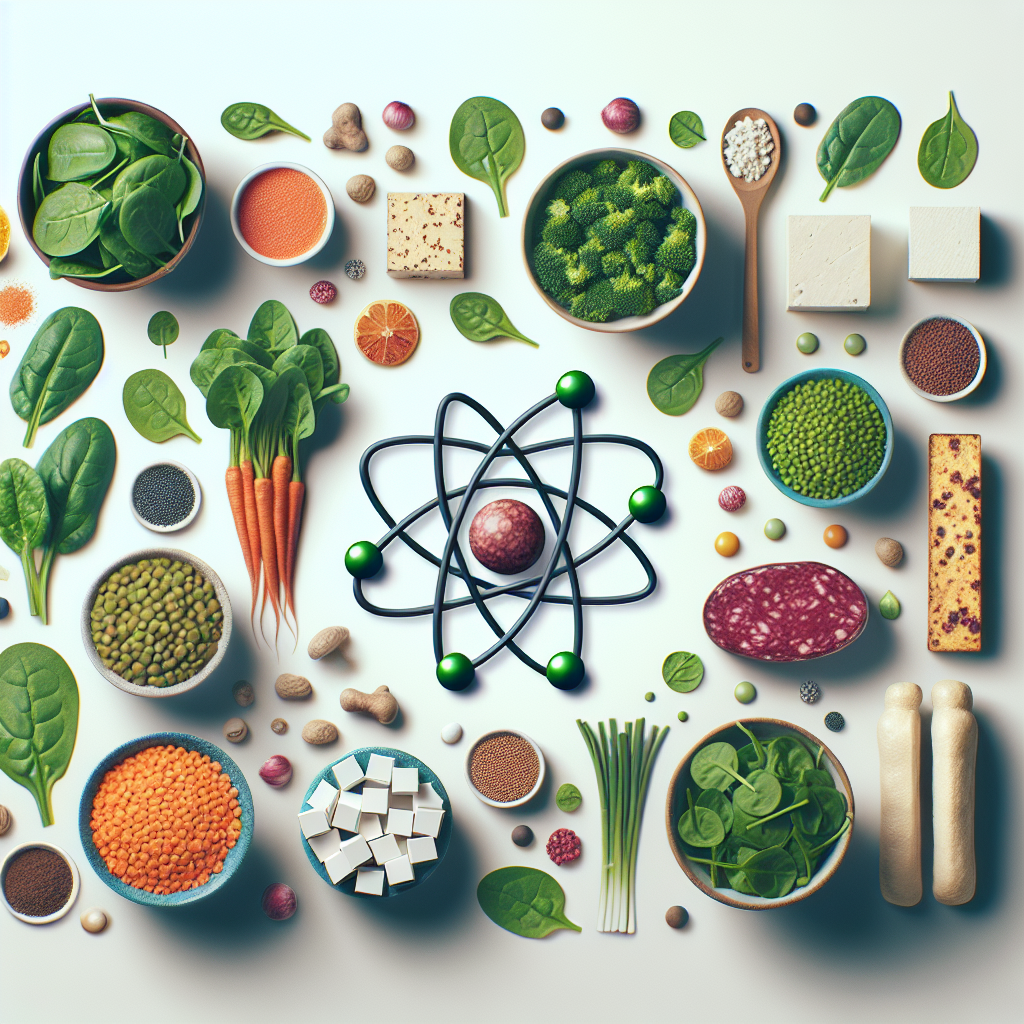


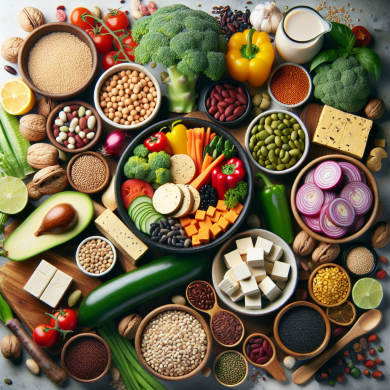
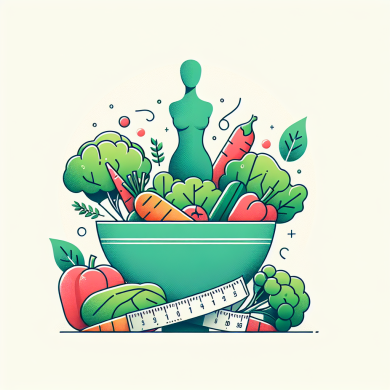
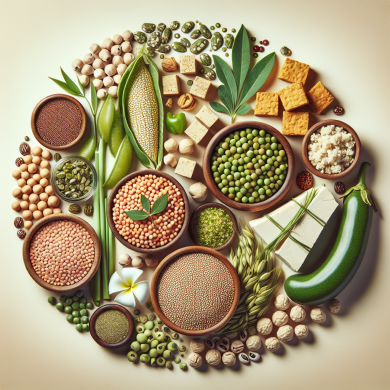
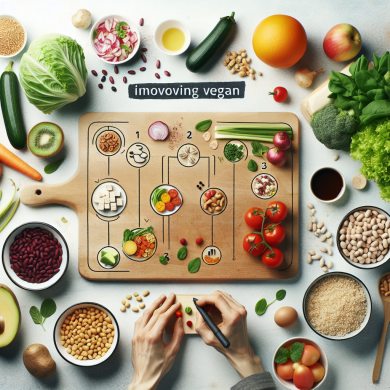
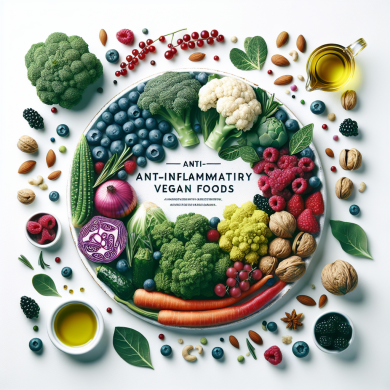



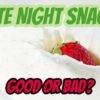

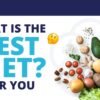
Add comment